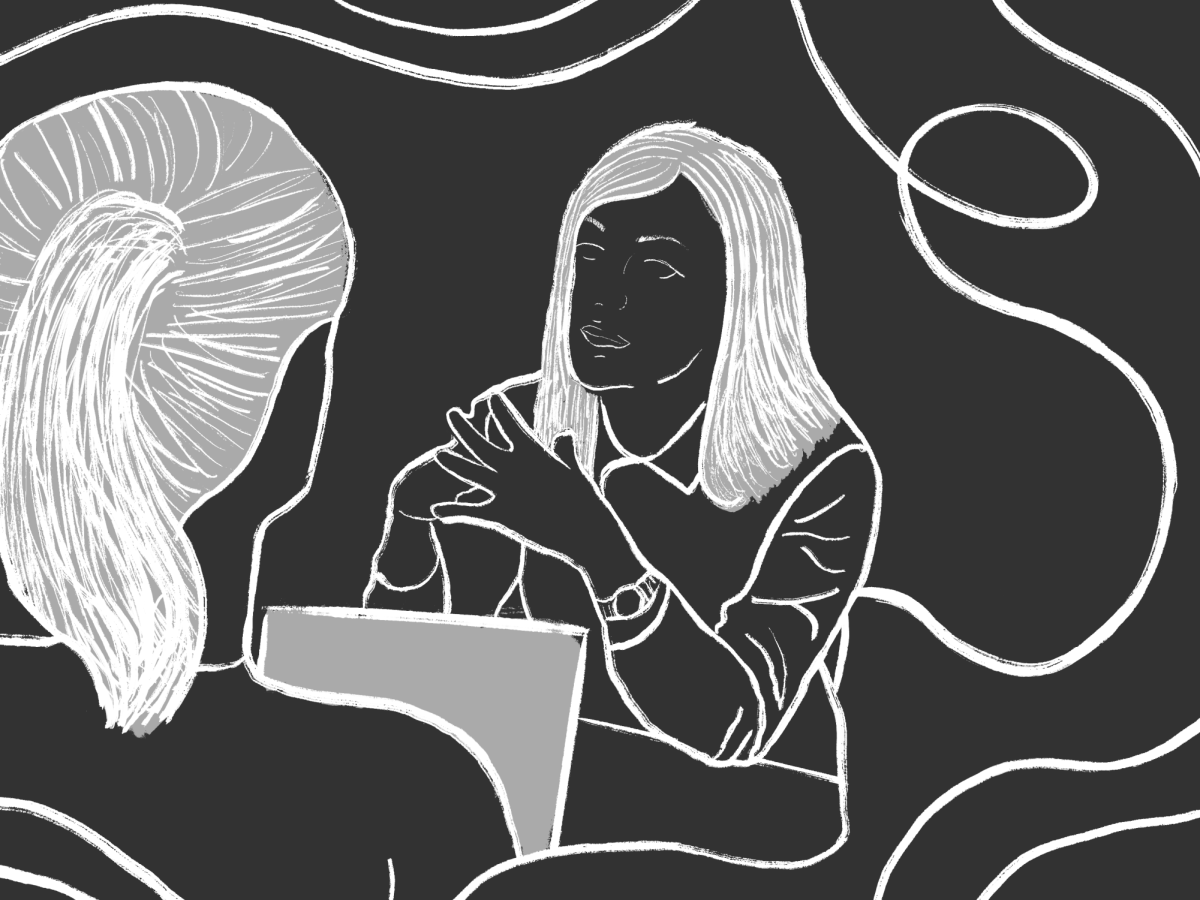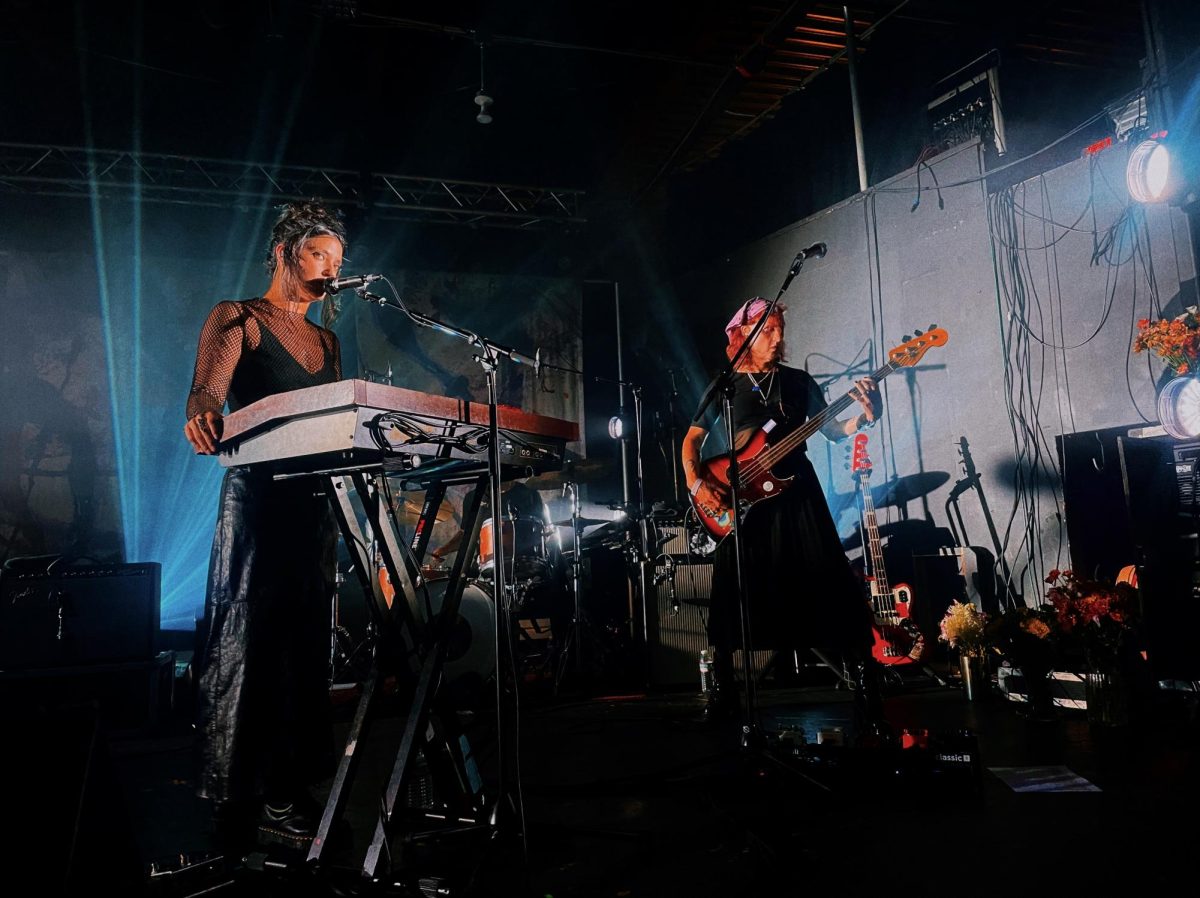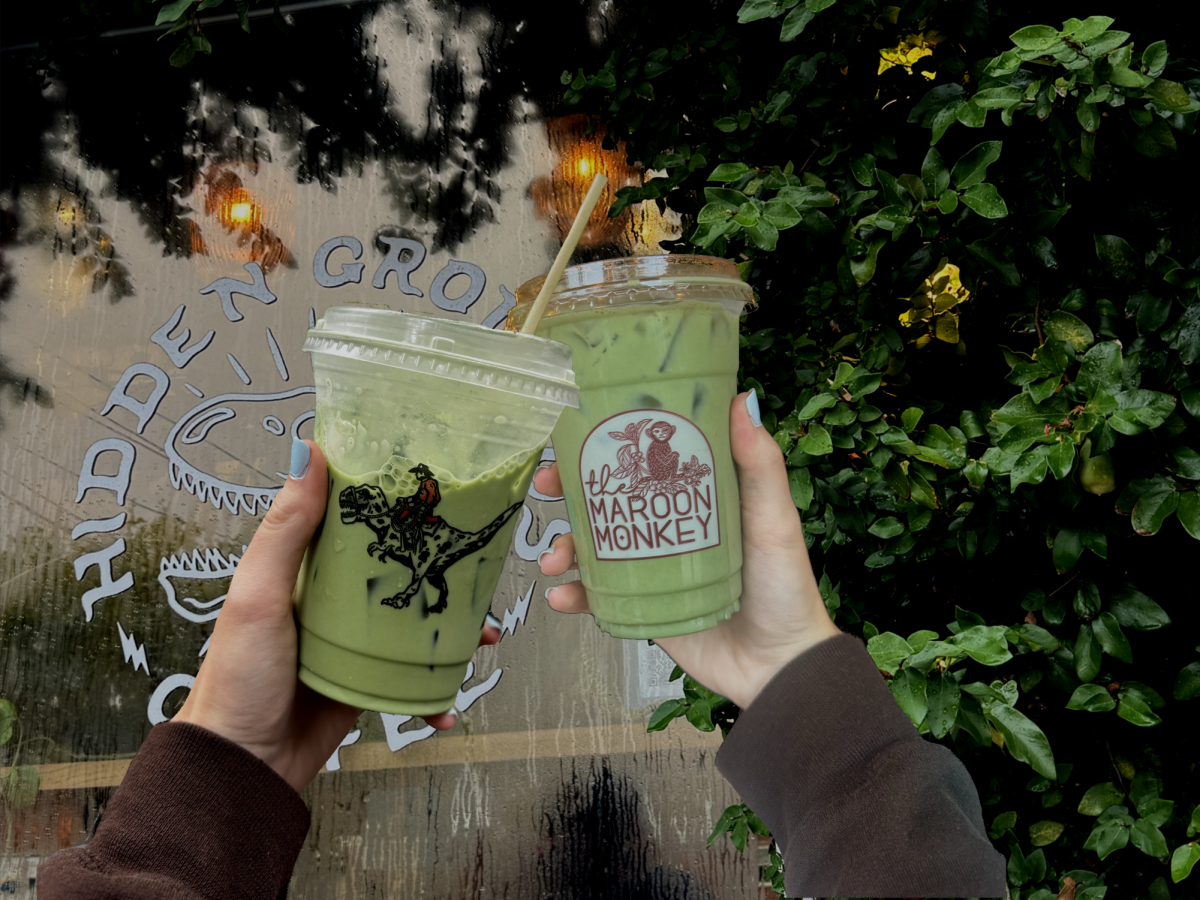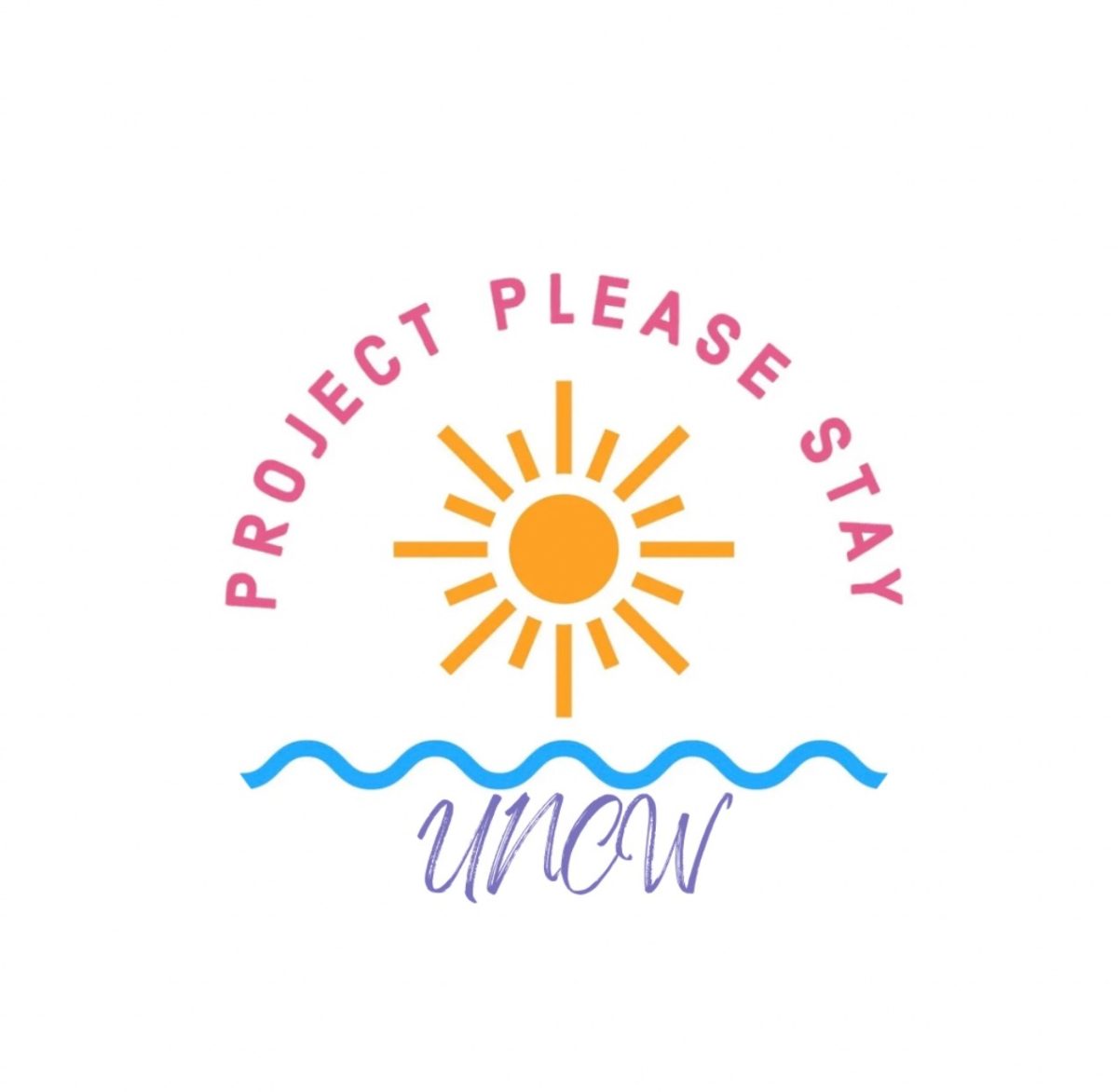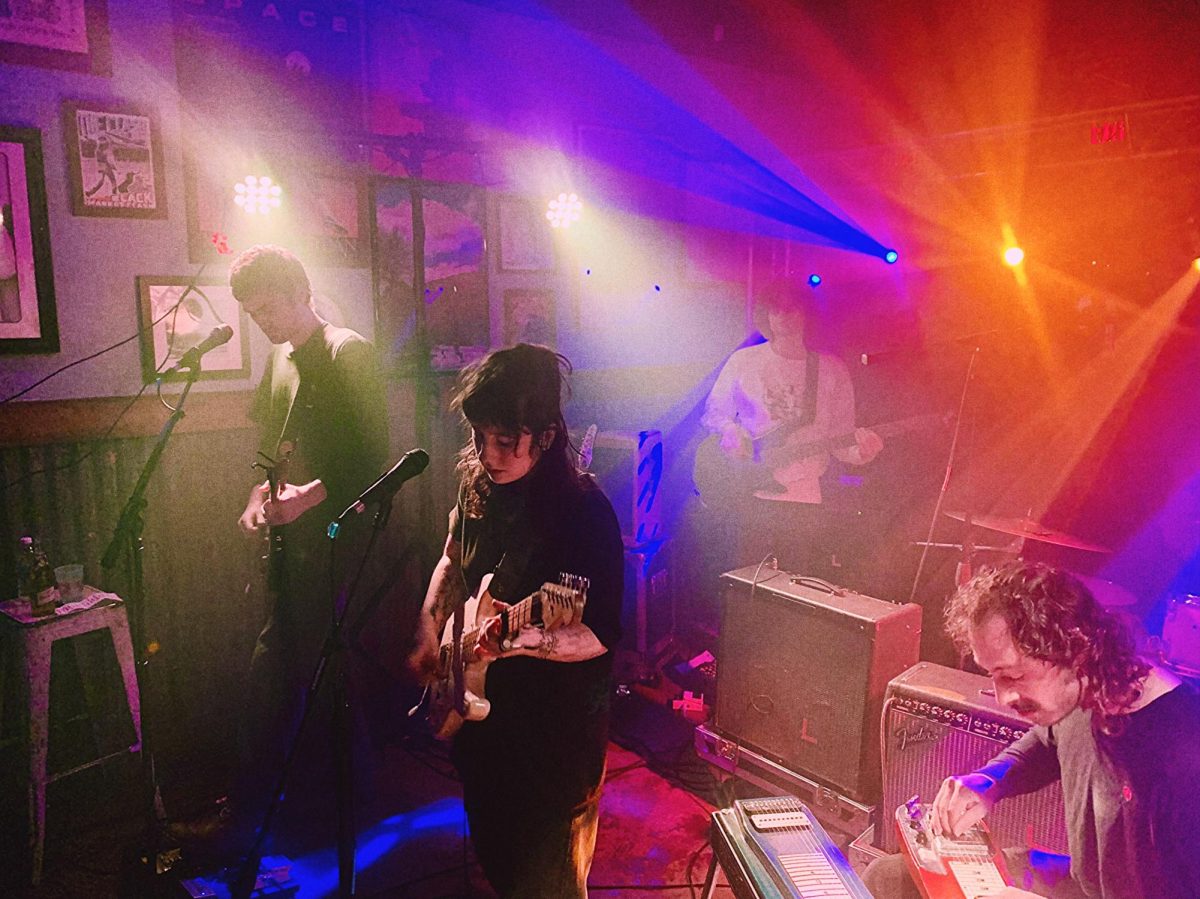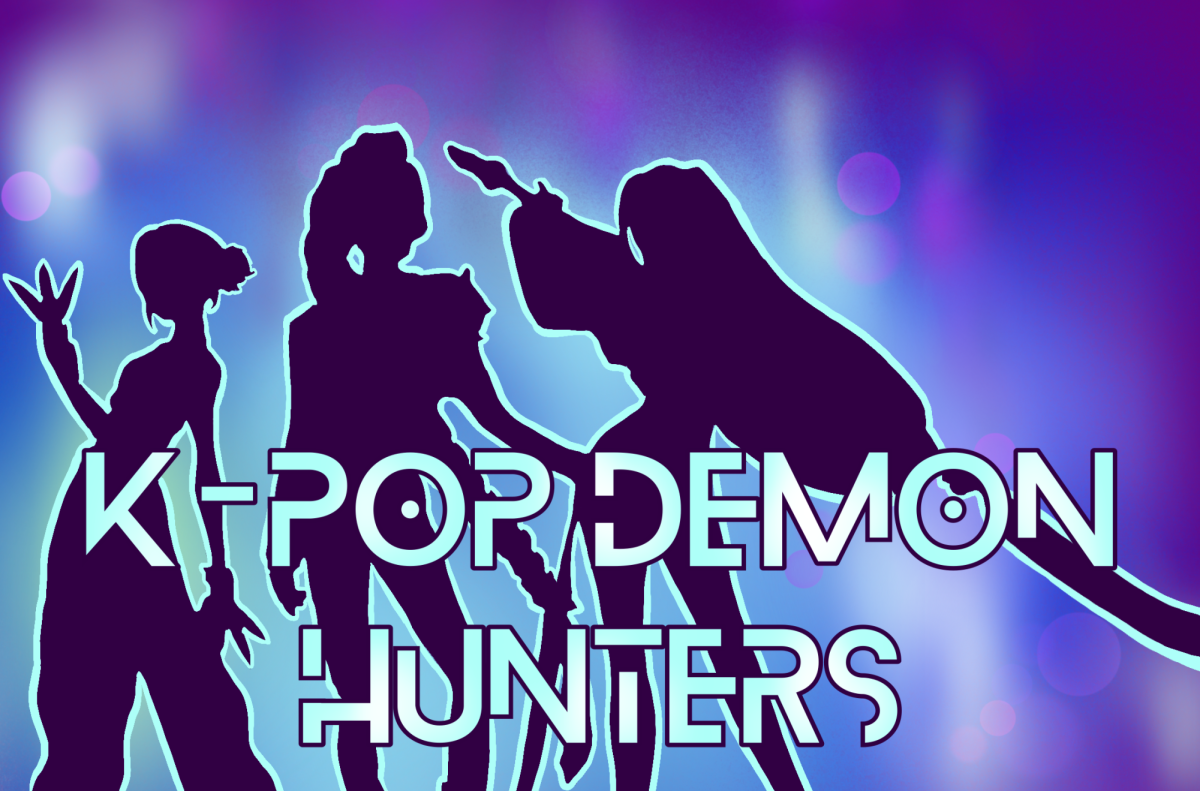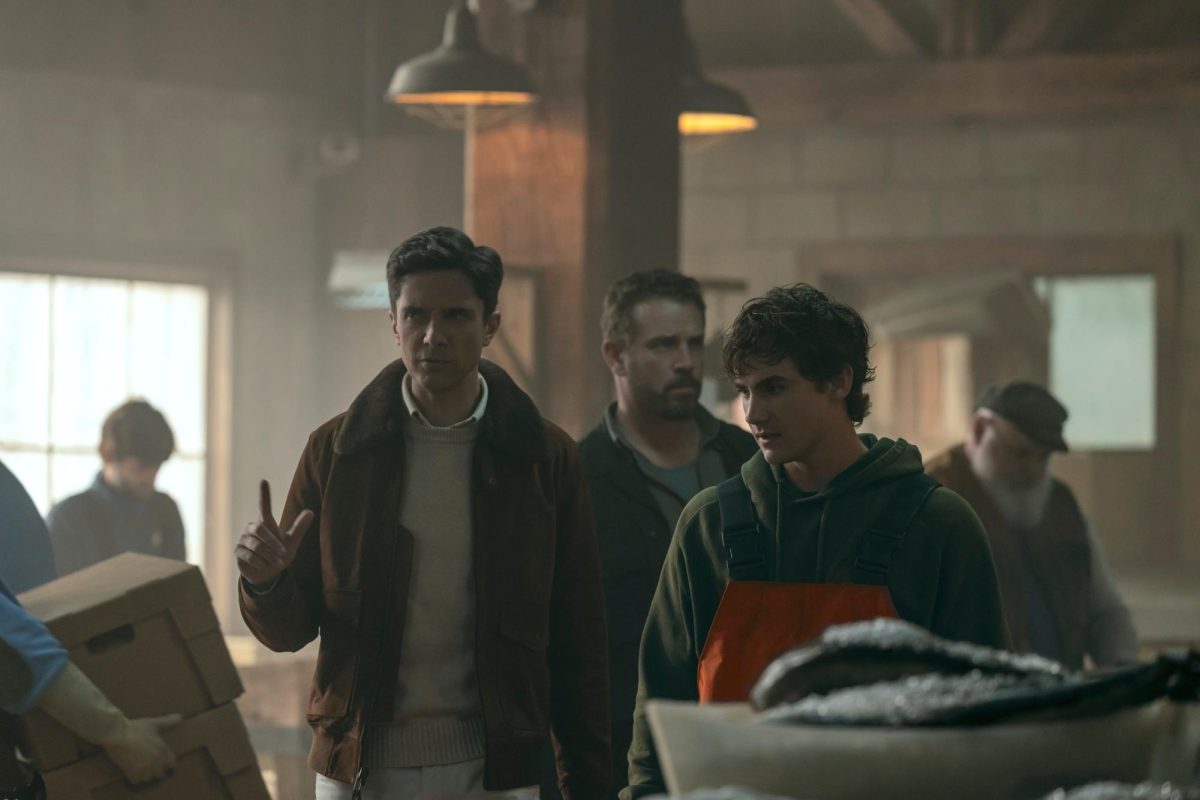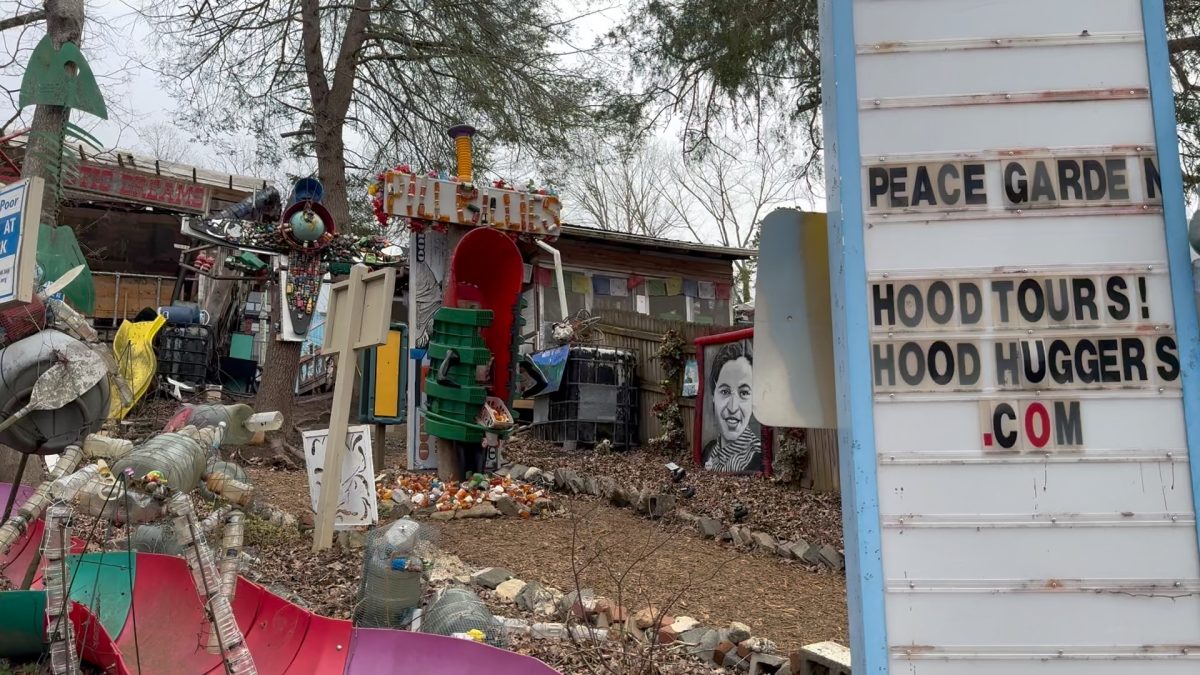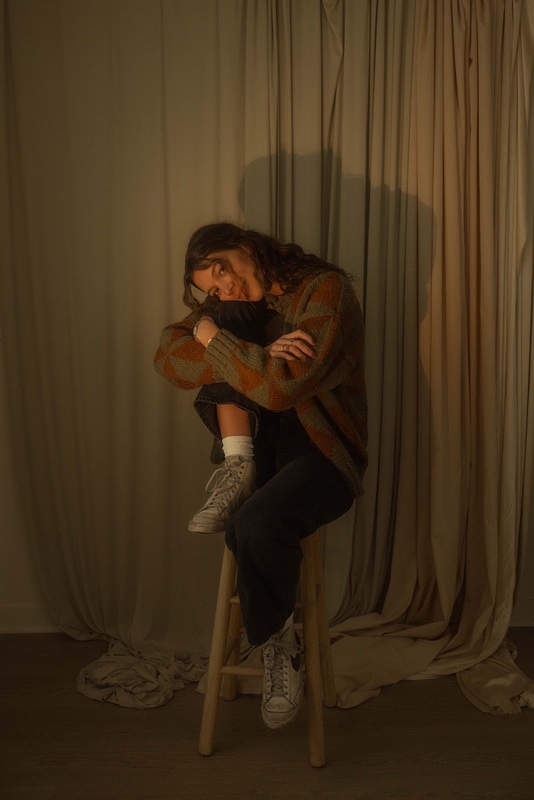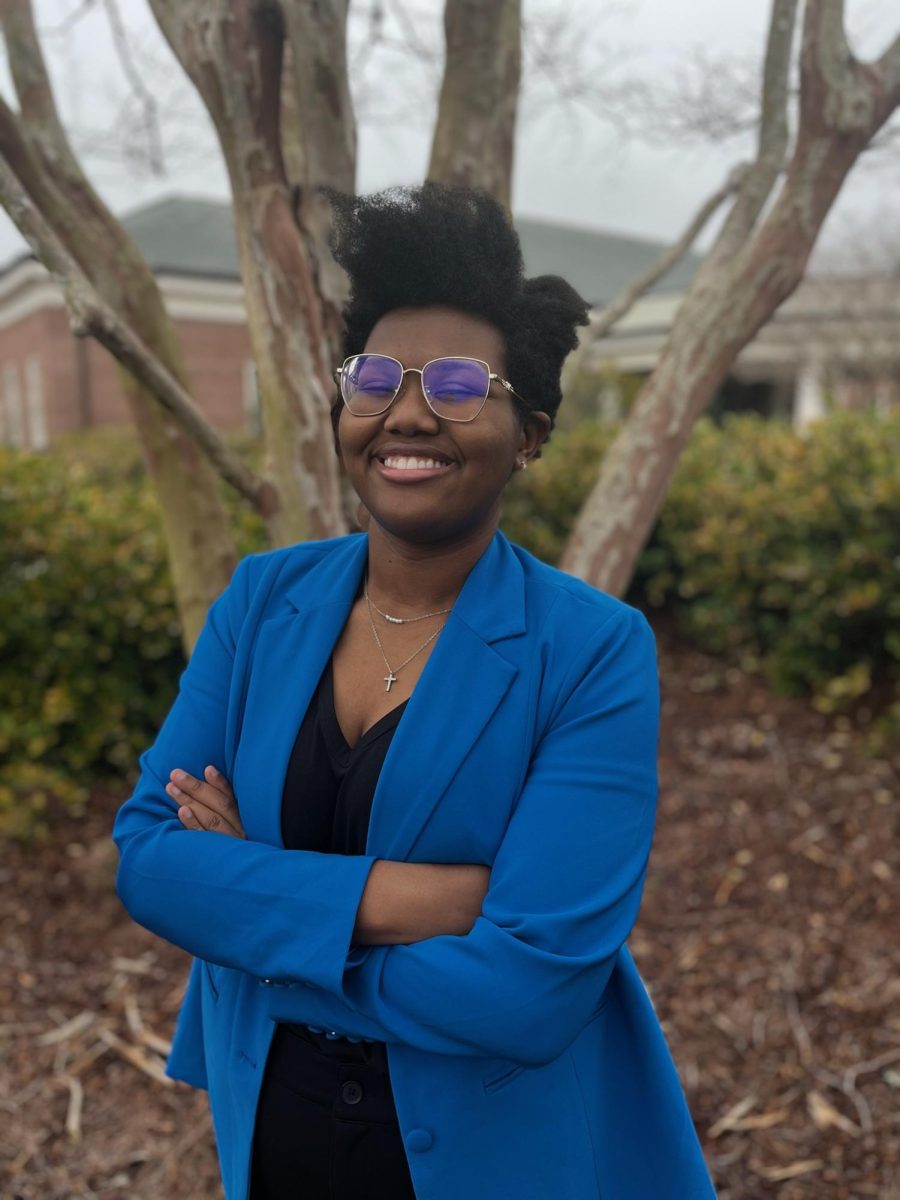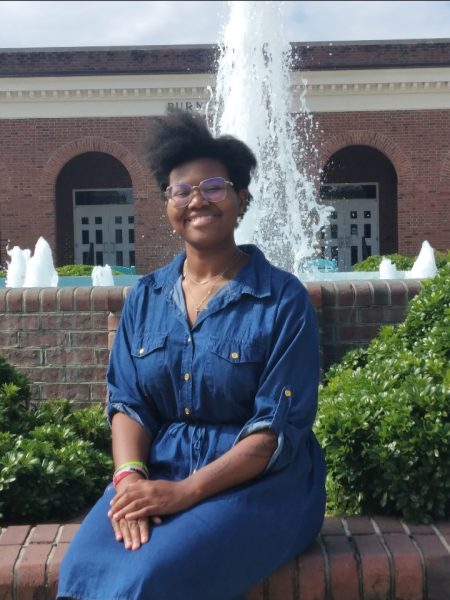
UNCW’s very own Kennedy Cole has recently been signed by literary agent Alex Brown from Mad Woman Literary Agency for her book There Used to Be People, a historical thriller set in Mississippi in the 1970s.
“I think I became a writer by accident, not gonna lie,” Cole reveals.
Cole recalls first starting to write in fifth grade. Her teacher made her read a book written by a sixth grader, and she remembers thinking: “‘I can write better, so I started writing,” the author shared. “I wrote pretty much every day. I would be writing at my desk while the teacher was teaching and not paying attention and it just brought me life, it brought me joy, and I think I decided that I wanted to be an author because of that.”
To many, writing is a form of expression, a therapeutic act, a way to explore the lives we can never live. For each writer, the act of sharing writing and sharing their story is often emotional and even spiritual. This is apparent through Cole’s story that explores Black and queer identities in the South.
“[Writing is] a lot about being able to escape from the outside world,” Cole said. “Whenever I’m writing—and I’m really into what I’m writing—I’m at perfect peace. It’s just wonderful, and I think I’ve found it accidentally, but it quickly became something that I love and that I need to do. I think a lot of writers need to write in order to live.”
Cole’s eyes lit up when she spoke about her novel. “My book is called There Used to Be People. It is a historical thriller set in Mississippi in the 1970s about the only Black police officer in a small police department who gets assigned to work on a case: a murderer in a gay bar. He typically works alone, but he is partnered up with another detective who really hates his job, and they basically have to figure out what happened over the course of a week.”
“[There Used to Be People] explores racism in the South mainly,” Cole said when describing the themes in her book, “but it also explores queer identities and homophobia. When I was writing this book it was mainly a way for me to explore my personal identity as a queer person and as a Black person.”
Within every story a fragment of soul is buried, a shard of the author’s life and person sacrificed to its pages. A book is a bearing of the writer’s personality and beliefs, a whisper sent out into the world that the writer can only pray will create an echo. “This book is the first time I’ve ever written a [Black main character], which, I don’t know why it took me 21 years to get to that point, but I hope that it resonates with other Black people and writers who struggle to write about themselves, or have been told that they can’t write about themselves or that they shouldn’t write about themselves. In terms of the queer identity part, my main character is asexual, and while I don’t personally identify as asexual, it was helpful for me to process figuring out who I was in terms of just putting a label on something that I didn’t understand until later in life.”
Cole provided insight into her writing process that allowed her to complete the novel in three and a half months.
“I identify as a pantser,” the author said, referring to the common word used to describe a writer that doesn’t outline their plot and makes it up as they go along, “so I have no idea what I’m doing when I’m writing. When I get an idea it’s very immediate and very urgent and I just have to open up my laptop and put some words down, because otherwise it probably won’t happen. When I was writing my novel, I didn’t do any planning or any notes. I would just think about what the next best logical step would be and write that… I would block out times between my classes to go to Randall Library. I had this table I would always go to and I would just sit there for hours or as long as I could…I wrote every day. It was a lot, but it brought me so much joy to just be writing consistently and to have something that I could do in my free time that I knew would make me happy.”
Although writing is a task often done alone, a writer is never alone. When a new set of hands pick up their book for the first time, an editor skims their query letters and reviewers analyze their work, a writer is in constant dialogue with the world around them. But the most important people a writer can share their story with are the ones who will appreciate and support the writer when they are just starting out.
“The first community that helped me were my friends, my beta readers,” Cole said. “I had four people read my novel after I finished writing and give me feedback on it. Without them, I would not have gotten my agent. They were the first line of defense that helped me break down what wasn’t working and was working, and it was really helpful to see my story through the eyes of four different people, some who weren’t even writers.”
As a writer pores into the glow of their computer late into the night, they can often find themselves imagining the future of their book. Will it sit idly on an editor’s desk, never to be read? Or will they be able to get an agent to champion their story and help them reach the shelves of major booksellers?
Cole procured her agent after sending out query letters. Query letters are documents writers send to potential agents to entice them to take the writer on as a client to represent their book to publishers.
“My agent’s name is Alex Brown,” Cole announced, “She’s with Mad Woman Literary Agency, which is a queer-owned business. Alex is just the best; she’s so sweet, very thoughtful. She’s currently building her [client] list, so I was one of the first to be signed, or maybe about the fifth to be signed.”
Cole described how she got her agent, who began submitting her book to publishing house editors last month. “I sent out my query letters in batches. So, I started with 10, and then about a month later I sent out another 10 and then I just started sending them out randomly. In total I sent 28 to 30 query letters, which is actually a very small number, considering I have an agent now. I got my offer of representation in June and I had like three weeks to decide, so I ended up signing in July.”
When asked what her dream publishing house would be, Cole replied, “I would like to work with a big five in-print [publisher], mainly because of the outreach and the span of influence that they have. I think beyond just getting published I want people to read what I’ve written because it is important.”
Although the world of writing and publishing is competitive, Cole imparted words of wisdom to share with others who have considered writing a book.
“I would tell them to write it. I wrote every day when I was in from 5th grade all the way to 12th grade. I wrote five books and all of them suck, but I would not have written the one that got me to where I am today if I hadn’t started writing in the first place. I think if there’s anything that you want to write, or have a gut feeling to write about, then pursuing that outside of a school context is the best thing you can do for yourself as a writer. Because writing doesn’t happen when you’re in school, it happens when you’re alone with your thoughts and with your own words. I think novels can’t start unless you’re intentional about starting them.”
“Don’t measure your talent with your peers or with the people around you,” Cole recommended. “Getting an agent was an accident, it was not something that I planned or even expected. I personally have a tendency to look at my peers and my classmates and think that I’m not enough, even now that I have an agent I still worry that I’m behind. I think we all have our own path, and our own journey and as long as you as a writer are writing,you’re doing something right.”
As Cole’s book goes on submission, she is also interning with literary magazine Only Poems, independent publisher History Through Fiction and UNCW’s Creative Writing Department’s publisher, Lookout Books. After she graduates in December with her creative writing degree, Cole hopes to continue writing and work in publishing.



